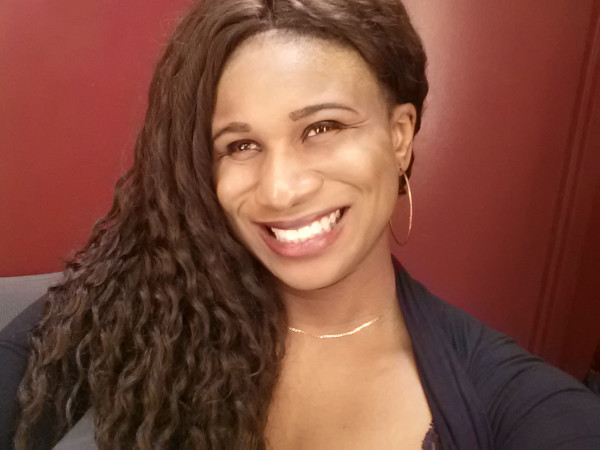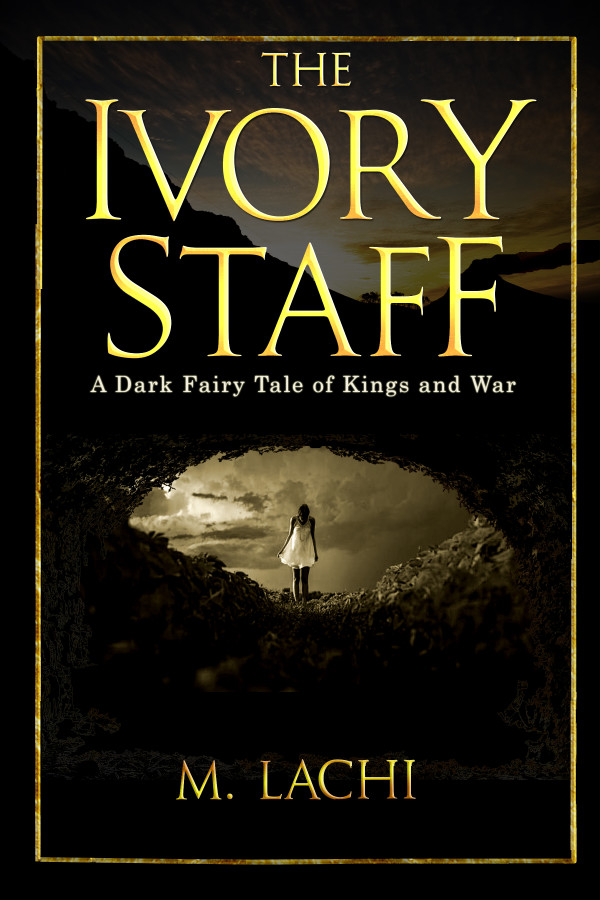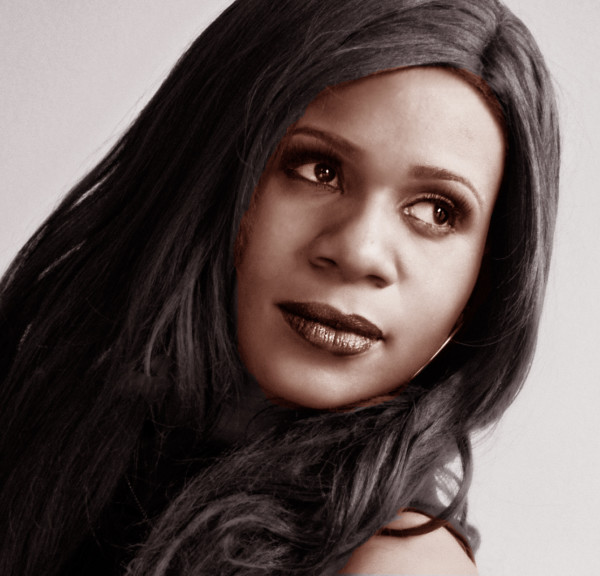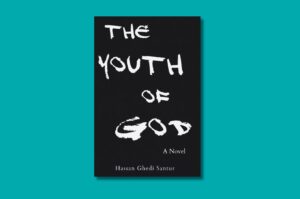M. Lachi is a fantasy writer. Her novel titled The Ivory Staff was published last year. The Ivory Staff
is a dark fantasy story set in a north African island. It is a cinderella-like story, except that the lead character is an ambitious young woman on a mission to bring down an oppressive regime. The Ivory Staff
is a gripping read with lovable characters. The story is inspiring. It is so easy to root for the characters in their fight against power.
This week’s interview is a quick chat with M. Lachi. She talks about the aesthetic decisions she made in writing The Ivory Staff and takes us through her journey as a writer.
Enjoy!
***
What inspired The Ivory Staff?
With both my parents being first generation West African immigrants, they shuffled their children, myself included, back and forth from U.S. to Africa at any change they could. So I grew up constantly learning the histories, cultures, atrocities and beauties of the ways of the continent. During my undergraduate years, the time in which I wrote a majority of the novel, apart from traveling back to West Africa twice, I also lived six months in England. This accounted for the infusion of European-style feudal lore.
The Ivory Staff reads like it’s set in the past but also in the future. We go from “village” to “district” and back. I loved that sometimes it felt like I was reading a mix of Things Fall Apart and Hunger Games. Would you say the novel has wide variety of influences?
I read a great deal of classic lit and literary novels in the time leading up to writing the book, allowing for the mixture of literary and contemporary tone to the narrative. Books like Things Fall Apart, as you mentioned, Charlotte Bronte’s Wuthering Heights, including books by Charles Dickens and George Orwell. And while writing the novel, I read a good deal of classic and modern Sci-Fi/Fantasy like Heinlein, Herbert, and Orson Scott Card.
Interesting. How did these novels influence some of the narrative or aesthetic choices you make in The Ivory Staff?
The more classic lit helped set the literary vibe of the novel, especially in terms of the more formal dialogue, while the more modern novels I read (for example, Jim Butcher) helped with the more contemporary monologue. The Sci-Fi/Fantasy readings helped shape the epic nature of the story—things like battle scenes and desert roaming.
The internal politics of the worlds you represent are very familiar—tribalism, immigration, and systemic inequalities, and so on. In a way, this challenges the stereotype that fantasy is all about escapism. Why did you decide to use fantasy to engage with really social issues?
I feel allegorical storytelling remains a great way to express opinions of political critique without directly offending any one position. For example the amazing allegorical satire The Wizard of Oz!
The Ivory Staff is built around two female characters, both strong in their own way. What inspired these power female figures?
I was raised in a family with a very formidable matriarch and with four successful older sisters. I’ve had no shortage of inspirational women in my life.
Could you say more about this idea of femininity and storytelling?
I’ve always found the feminine strength of a woman to be fascinating. It seems that many novels I’ve read, when empowering a woman, empowers her with more masculine attributes: like making her what modern society views as headstrong, out-spoken or strong-willed. I love the celebration, the notion of a feminine-clad strength, born of life-force, overcoming insurmountable burden, dictation of self-worth and the protection and cultivation of blood-line.
Tell us about your journey as a writer? What drew you to writing?
I started songwriting and writing poems short stories at a very early age. I’ve always had a very vivid imagination and have always been an asker and thinker. That in conjunction with my love to create—whether it be songs, poems or stories—landed me on the path to authorship as well as musicianship.
That’s fascinating. Does your work as a musician inform your work as a writer in any way?
Much of my work as a musician also revolves around empowerment and overcoming of odds. I see my musical creations, songwriting and collaborations as another tendril of my creativity. One does not necessarily influence the other when it comes to writing and to music. Though they exist separately, they both come from the same place somewhere inside my head!
Did you always know you would write fantasy?
I believe so. If not Fantasy then Science Fiction. My true arc though is social interaction and political intrigue. Fantasy and Science Fiction aspects are simply the setting in which the arc lies.
How do you mean?
I’m very much into character development and how flawed characters interact with each other and themselves despite their flaws. I like to tackle an imperfect protagonist and watch as he or she wheedles his or her way through a seemingly impossible journey. I think I may have an overactive imagination though. I love to dream up a completely hypothetical world and situation in which to place these flawed characters, which leads to my drift towards fantasy.
What is the most challenging part of writing a fantasy story?
I’d say keeping the reader’s suspension of disbelief engaged. Even if a story is completely impossible in our current world or society, or even our universe, a reader will suspend their disbelief to plow through a good story. But the story’s got to be good!
Thank you M. Lachi for taking the time to respond to my questions. I loved reading your novel and hope your readers would love it too.
Follow this like to download the novel: The Ivory Staff












COMMENTS -
Reader Interactions